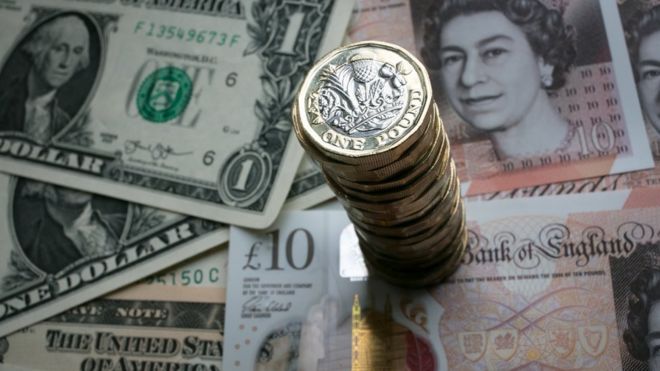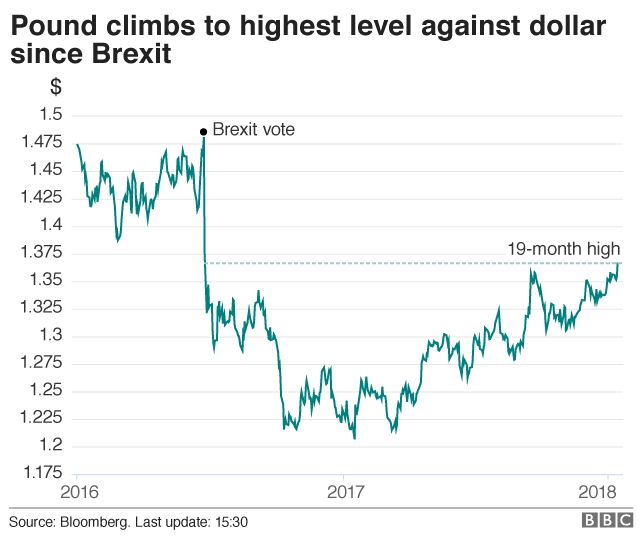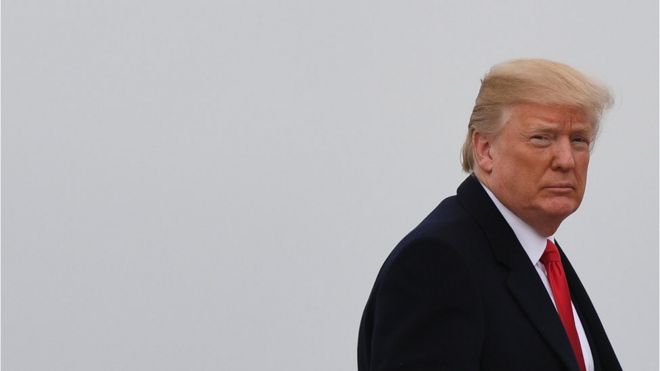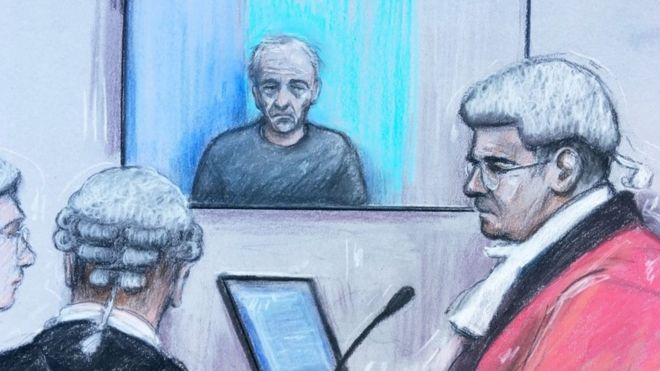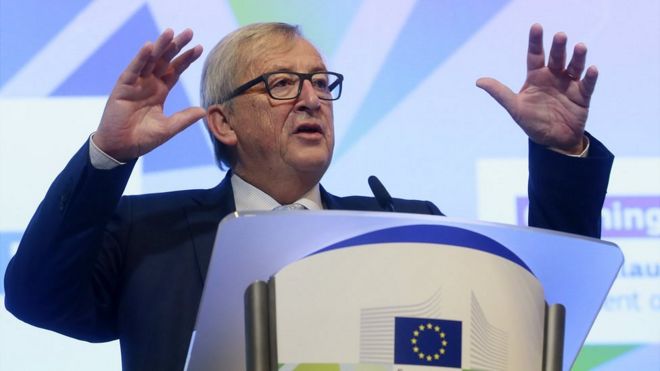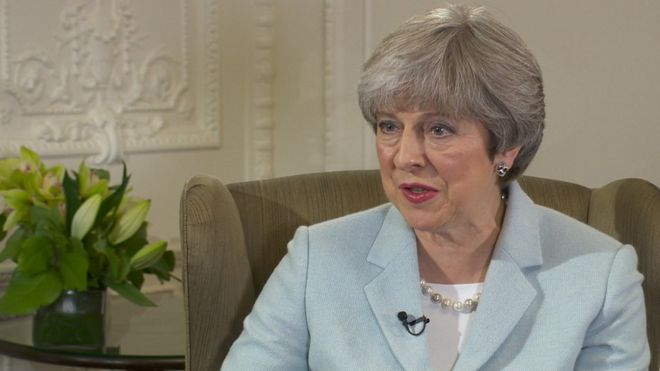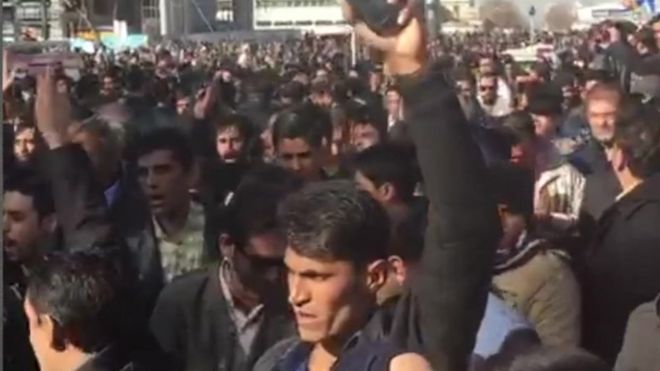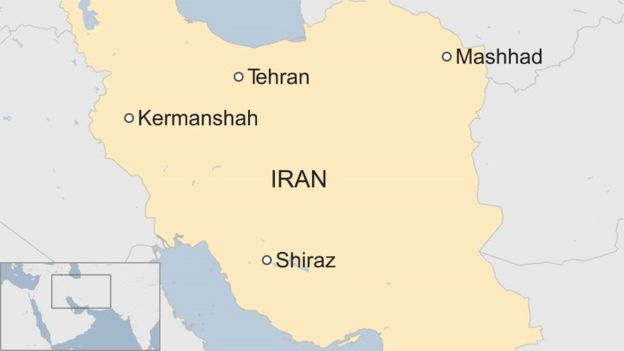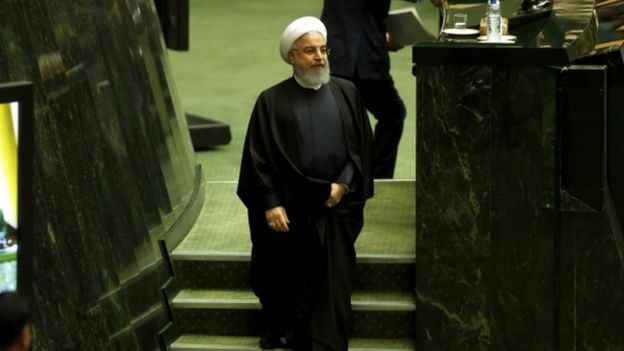Leeds boss Marcelo
Bielsa has sent a member of staff to watch every team they have played this
season train.
Bielsa, 63, called an
unscheduled news conference on Wednesday as the Football Association and
English Football League investigate the 'spy' saga.
Before Friday's
Championship win over Derby, the ex-Argentina manager said he sent someone to
watch the Rams train.
"I observed all
the rivals we played against and watched the training sessions of all
opponents," he said.
"All the
information I need to clarify, I gather it without watching the training
session of the opponent, so why did I send someone to watch them? Just because
I thought I wasn't violating the norm. I gathered information that I can obtain
in another way.
"We feel guilty if
we don't work enough. It [watching the opponents train] allows us to have less
anxiety and in my case I am stupid enough to allow this kind of
behaviour."
The Argentine said what
he has done is "not illegal" but accepted that he will have to
"respect the sanctions" that the FA or EFL may bring against him or
Championship leaders Leeds.

